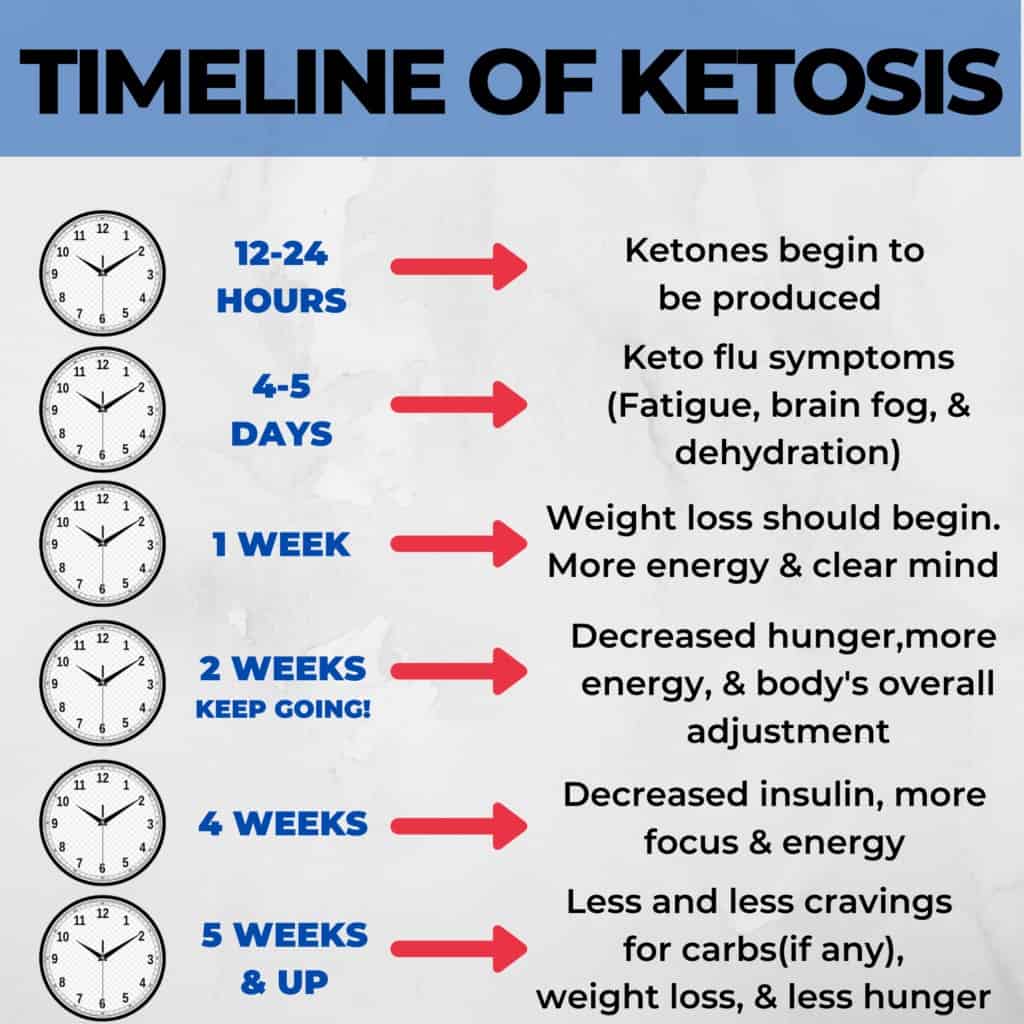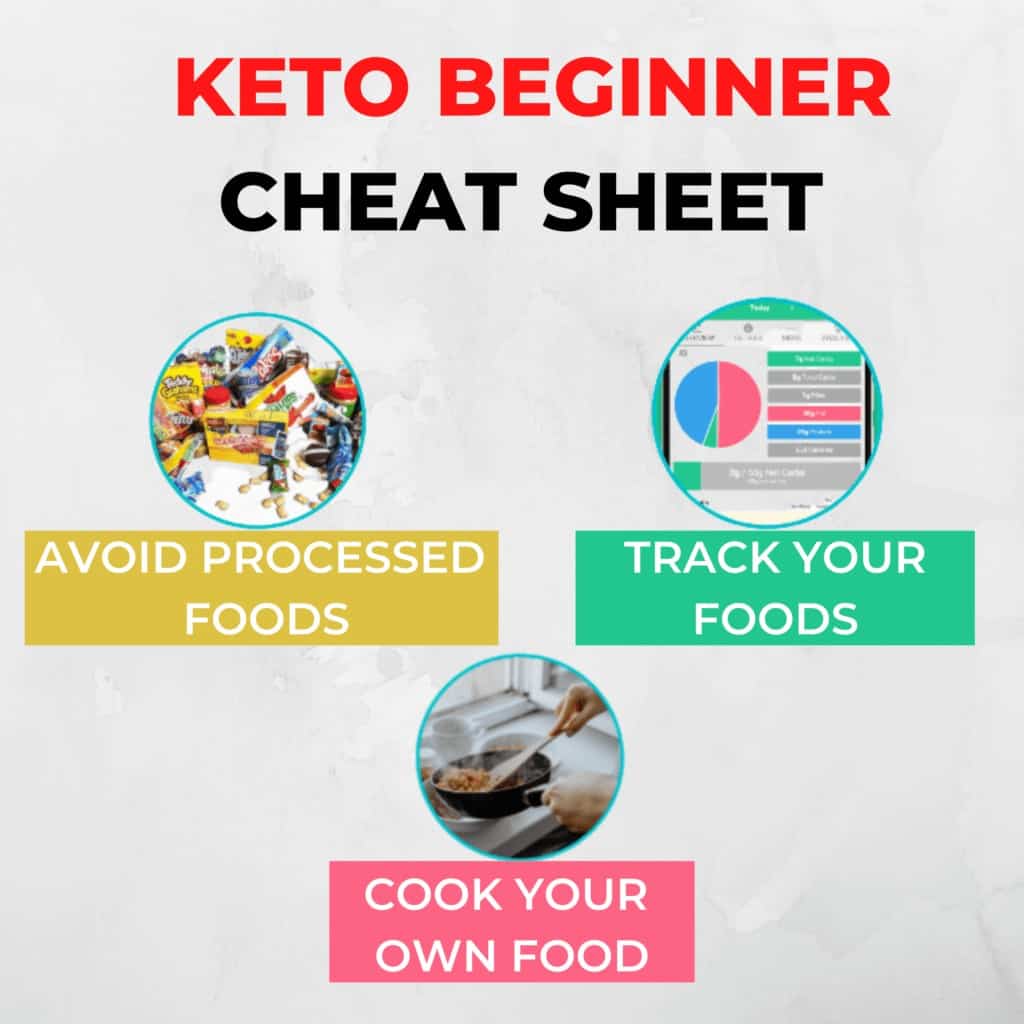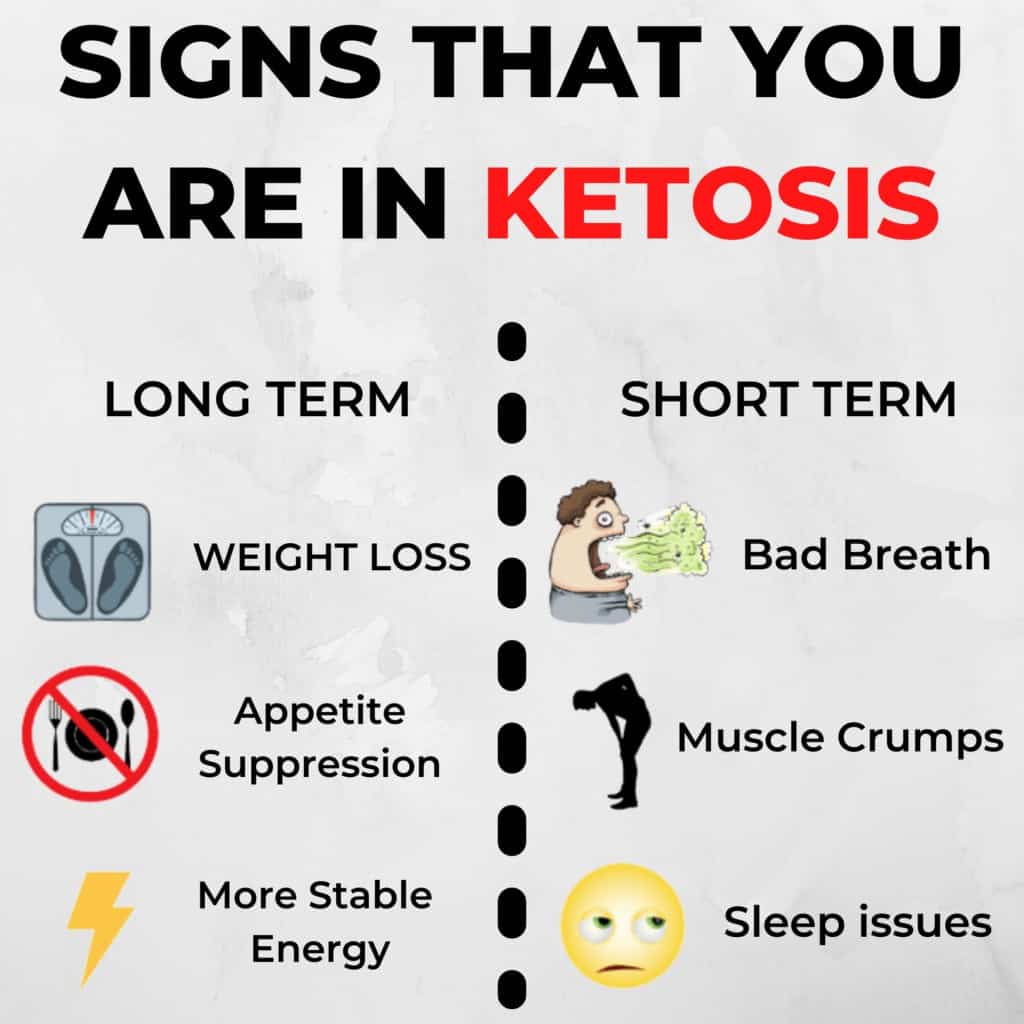Are you all fired to start a weight-loss journey but still struggling to pick the ideal weight-loss diet?
Trust me, I have been there, and that’s why I wrote this Ketogenic Diet for Beginners to guide people who want to get started on a Keto diet.
After scouting the internet for the ideal diet plan, I finally discovered my solace lay in four simple letters: a K-E-T-O diet!
Forget intermittent fasting; the perfect combination of carbohydrates and proteins proved to be the ultimate hack for my health and fitness journey.
To be honest, I had my doubts at first but read this ➡️ Understanding The Keto Diet: Basics, History, Ketosis and Types, and all your doubts will be cleared! 🤩
As a bonus, and to show my dedication to you and your keto journey, I have also thrown in a 7-day Keto meal plan for you.
Table of Contents

I had struggled with weight loss for the better part of my childhood. My mom had spent so much trying dietician after dietician who either starved me to death or almost killed me with adult gym plans.
Apparently, a drastic reduction in carbohydrate intake paired with an increment in fat consumption is the reverse that drives the body into ketosis– the metabolic state where fat is burnt into energy very efficiently.
The liver also actively converts fats into ketones- a high-energy source for brain activity. Paired with reduced insulin and blood sugar levels, a ketone diet is highly hailed by dieticians and weight loss experts.
How many types of ketogenic diets are available?
There are several types of Ketogenic Diets that exist with varying ratios and intake levels of carbohydrates and proteins.
These come in basic plans for ordinary weight loss enthusiasts and advanced options for athletes and/or bodybuilders.
In this post, however, I will mainly focus on a standard ketogenic diet but the underlying principles hold for all options.
Here are the four types of ketogenic diet options that are available:
- The standard ketogenic diet (SKD) – has only 10% carbs, 20% proteins, and a whopping 70% fat ratio for a standard keto diet.
- Cyclic Ketogenic Diet (CKD) – Cyclic connotes a rotation of varying these ratios of carb and protein levels. A weekly diet plan could alternate only two high-carb days.
- Targeted Ketogenic Diet (TKD) – With this plan, carbohydrate levels can be adjusted especially around workouts or body-building efforts.
- High Protein Ketogenic Diet – Similar to the standard keto diet, this plan incorporates a higher level of proteins with a fat:protein: Carbs ratio of 60:30:10.
These combinations have been proven to impact weight loss significantly while reducing other risk factors for diseases.
Unlike contemporary weight-loss diets, there is no need to keep count of the calories or hectic tracking of food intake yet the results are undeniable.
What are the Key Benefits of a ketogenic diet?
- Weight loss
If you are considering trying out a ketonic diet, you might be excited to learn it doesn’t involve eliminating entire food groups. Irrespective, a keto diet has been proven to yield twice the results expected from the contemporary low-fat calorie restriction diet. If you are to experience significant results, adherence to a high-fat low-carb diet; is 60 to 80%.
- Diabetes control
Diabetes builds when the body cannot control insulin production. Insulin regulates blood sugar levels from fluctuating. Type 2 diabetes is the most common strain which sometimes manifests as metabolic syndrome or prediabetes. A ketogenic diet is an ideal remedy for helping the body lose excess fats and consequently evade the risk of diabetes. It has been seen to increase insulin sensitivity by up to 75%.
- Other benefits
While ketogenic diets are popular for their weight loss capabilities, it is sometimes recommended to people suffering from epilepsy, heart disease, acne, and some brain conditions that require a reduction of fats from the body, blood pressure, and sugar regulation.
A ketogenic diet is also being considered as a cancer treatment option since it has been seen to slow tumor growth. Additionally, a ketonic diet could potentially help manage Alzheimer’s disease symptoms.
NB: Other studies have suggested the regulation of insulin levels could also prevent or manage Polycystic ovary syndrome and improve the response of patients with traumatic brain injuries.
What To Eat: 7-Day Ketogenic Diet Meal Plan
When creating a KETO DIET PLAN, stick to the parameters of the strict routine.
A keto diet could, be hard on your kidneys especially if you have existing conditions like diabetes or obesity. Inform your doctor especially if you intend to follow the routine for long periods.
Some of the must-have foods include nuts and high-fat foods like avocados. Also, consider purchasing frozen fruits and nuts in large amounts to avoid breaking the bank.
7–Days Free Keto Diet Plan for Beginners;
Day 1
Breakfast: Avocado toppings on lettuce laid scrambled eggs made with butter.
Snack: Sunflower seeds
Lunch: Salmon with a veggies mix like spinach
Snack: Guacamole and celery
Dinner: Red cabbage slaw with cauliflower mash and some pork chops
Day 2
Breakfast: Basil, tomato, eggs, and spinach omelet
Snack: Make a smoothie using some greens, protein powder, almond milk, and some almond butter.
Lunch: Peanut butter, spinach, a keto smoothie (such as stevia milkshake), strawberries, and almond milk.
Snack: Top a plain, full-fat Greek yogurt using crushed pecans
Dinner: Salsa with cheese-shell tacos.
Day 3
Breakfast: Hard-boiled eggs with a mug of bulletproof coffee (made with coconut oil and butter).
Snack: Macadamia nuts
Lunch: Stuffed tomatoes with some tuna
Snack: 2-3 slices of cheese roll-ups and roasted beef
Dinner: Top some zucchini noodle meatballs with cream sauce
Day 4
Breakfast: Use salsa toppings on a cheese plus vegetable omelet.
Snack: A pork or turkey meat-based bar
Lunch: Take an avocado shrimp salad for lunch.
Snack: Kale chips
Dinner: Stuff chicken with cream cheese and pesto with a siding of zucchini (grilled).
Day 5
Breakfast: An omelet with some salsa, onions, pepper, and other natural spices.
Snack: Bell pepper slices and sliced cheese
Lunch: Celery sticks and a handful of nuts on guacamole with salsa.
Snack: A handful of groundnuts
Dinner: Salsa with cheese- shell tacos
Day 6
Breakfast: Spinach and Cheese scrambled eggs
Snack: ¼ cup of berries and one handful of walnuts
Lunch: A burger topped with lettuce and avocado with a side salad of your choice.
Snack: Dip some celery sticks in almond butter
Dinner: Broccoli, pork chops, cheese, and a salad.
Day 7
Breakfast: Nut milk, blackberries, and coconut toppings on a chia pudding
Snack: Two boiled eggs
Lunch: Miso soup with sashimi takeout
Snack: Roast beef
Dinner: Avocado shrimp salad and roasted chicken
FAQs
How does a ketogenic diet work?

When you significantly reduce your intake of carbs, the body naturally shifts to convert stored fats and proteins into energy.
The breakdown of these stored proteins and fats is the principle behind the ketogenic diet.
How do I maintain my keto routine?

When eating out, order a fish, egg, or meat-based dish with some extra vegetable toppings. Keto-based restaurants and fast food joints are available at the touch of a button.
Dozens of websites with keto diet guides and keto cookbooks are also available online.
What are the risks of adopting a ketogenic diet?

A keto diet has not been seen to have any severe side effects on the body. Some of the mild effects may include indigestion, mild low blood sugars, or constipation. In some cases, a low-carb diet could raise acid levels in the body (acidosis) or cause kidney stones. Some other common effects may include bad breath, fatigue, feeling weak, mild headaches, and irritability.
So why is a ketogenic diet?

Ketogenic Diet For Beginners: The Conclusion
A keto diet aims to optimize ketosis; a metabolic state induced by consuming low-carb high-fat diets.
Some critics have argued that a keto diet is essentially hard to maintain. They argue that a normal balanced and healthy diet is likely to have similar weight loss results in a year as the keto diet.
The limitations on what you can consume challenge daily routines like a normal dinner with family or lunch dates with friends.
A keto diet is a short-term weight loss diet but not ideal as a lifelong diet. However, a keto diet remains one of the most recommended weight loss routines since it gives positive results.
HAPPY COOKING!


The Keto diet is very informative, I have learned some new ways of finally getting rid of my stubborn fats and losing weight effectively. Thanks much Kelvin for the share. Waiting for your next keto plan. I will be starting the keto diet soon.